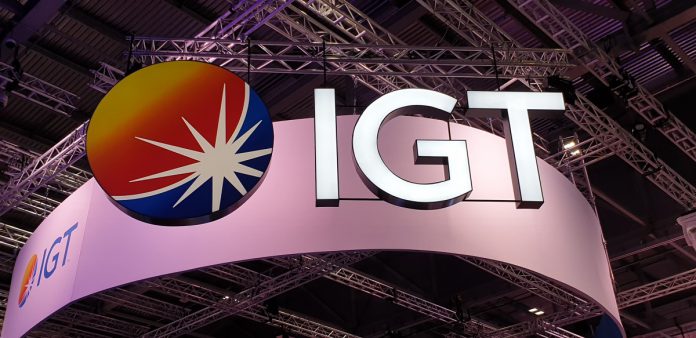Gaming Realms has rolled-out a licensing agreement with International Game Technology, as the group eyes accelerated expansion across Europe and the US.
Under the terms of the agreement, the developer and licensor of mobile-focused gaming content will produce Slingo games, which combine elements of slots and bingo, based upon a selection of brands from within the IGT game library, including Cleopatra and Da Vinci Diamonds.
“Partnering with Gaming Realms to produce Slingo games represents an exciting opportunity for IGT to extend the reach of some of our top-performing casino brands,” stated Enrico Drago, senior vice president of IGT PlayDigital.
“These iconic IGT brands are widely recognised by land-based and digital players alike, which will assist Gaming Realms with its goal of creating new Slingo players, while reinforcing the power of IGT’s brands in the fast-growing online market.”
Last month, Gaming Realms was granted an interactive gaming manufacturer licence by the Pennsylvania Gaming Control Board, which came a little under one month on from the group detailing its intention to go live in the jurisdiction during the first half of the year. Michigan entry is said to be anticipated “in the near future”.
Pennsylvania, the fifth most populous state in the US with a population of a little under 13 million, saw its igaming market grow 574 per cent on a revenue basis during the course of 2020.
Michael Buckley, executive chairman of Gaming Realms, said of the group’s latest collaboration: “Combining Slingo with IGT’s iconic proprietary gaming brands represents a compelling partnership, as we accelerate expansion across the US and European markets.
“Given the popularity of IGT’s titles, this is a fantastic opportunity for Gaming Realms to introduce its Slingo genre to new audiences and welcome a new generation of Slingo fans.”
In April, Gaming Realms published a trading update for the year ending December 31, 2020, this saw a 66 per cent increase in revenue reach £11.4m (2019: £6.9m), with its licensing division up 81 per cent to £7.5m (2019: £4.1m) and social publishing increasing 41 per cent to £3.9m (2019: £2.8m).











